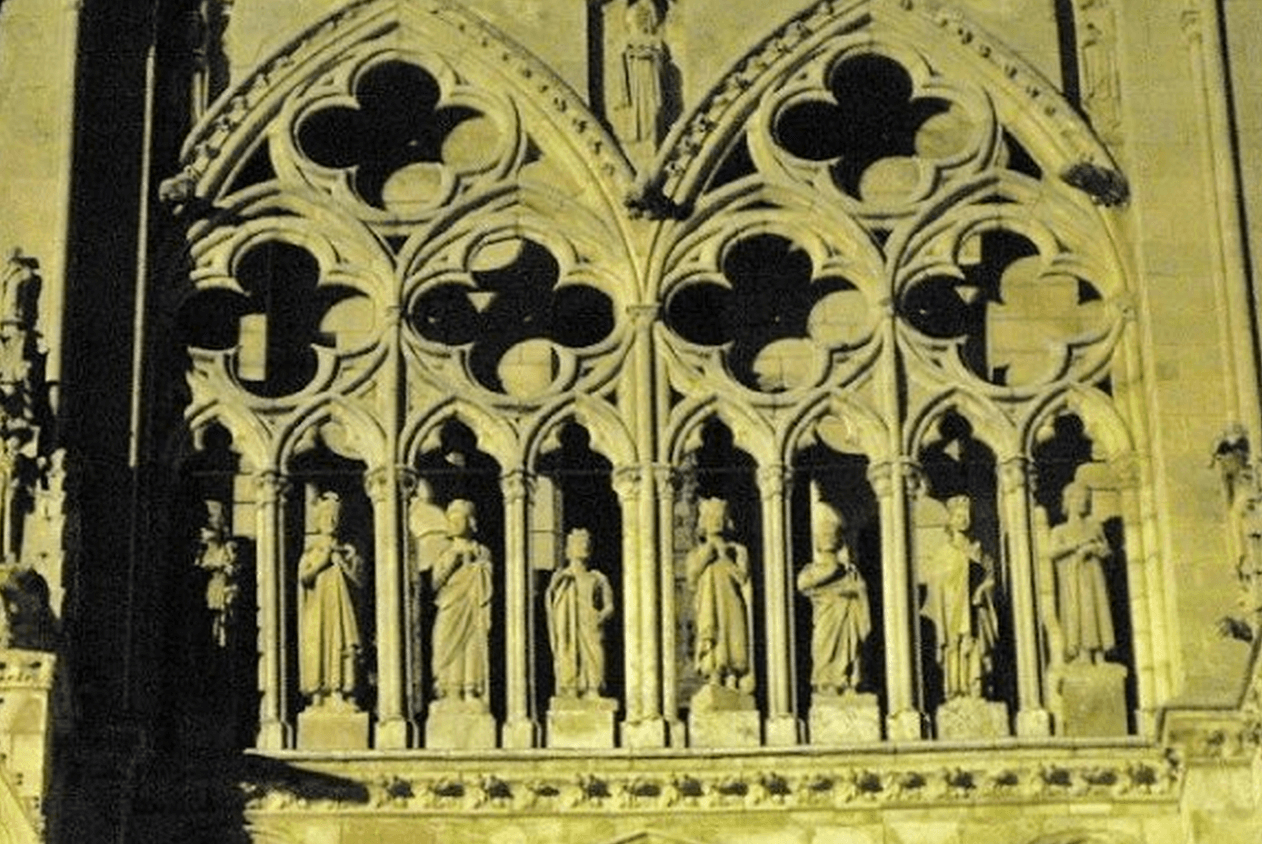Education: Religious & Secular Considerations for your Family
 Separation of Church and State is at a crossroads in Spain. Although the Spanish Constitution technically states that religion cannot figure into state functions and that the state respects the practise of all religions, Spain remains overwhelmingly Catholic–and this has some surprising implications for your children’s education.
Separation of Church and State is at a crossroads in Spain. Although the Spanish Constitution technically states that religion cannot figure into state functions and that the state respects the practise of all religions, Spain remains overwhelmingly Catholic–and this has some surprising implications for your children’s education.
We have published several articles about how ex-pat families can choose a school based on location or academics, sectors where families have a multitude of options available. When it comes to religious education, however, families have fewer choices. In Madrid, Catholicism is the dominant faith–and it is one that pervades public and private education. So what options are available for secular families, or families of other faiths?
All public schools, naturally financed by the state, offer religious education as part of the basic curriculum. While the majority of the religious curriculum is oriented towards studies of Catholic practices and tenets, a portion of courses are devoted to religions of the world and general spirituality.
Religion, however, is not a mandatory subject. If your family is secular, or of a different faith, you can opt out of religion class for your children. In public schools, students are divided into two groups: those who take religion, and those who opt for alternativa. While the religion group attends class, the others attend alternativa, which is generally devoted to arts, use of information technology, or free time to study independently.
Students generally do not have the option to receive extra tutoring in core subjects like Maths, as this is considered unfair to those in religion. In addition, school holidays are generally oriented around Christian traditions and calendars, and the school building is likely to display religious insignia. While your family can opt for a secular education, Catholicism will have a certain presence in your child’s schooling.
To tailor your children’s education to your preferred beliefs, you may consider private school. Madrid is home to an increasingly diverse population, which has resulted in more diverse education. The city and suburbs are home to school that provide education founded in Islam, Judaism, and other religious traditions.
Keep in mind that while public schools offer religion, the propagation of a single faith is restricted by law. Private schools are not subjected to the same legal restrictions. Faith-based private schools largely require religion as a key component of the core curriculum, and a significant portion of non-denominational private schools impart a religious curriculum in the same fashion as public schools do. Private schools that offer zero religious instruction are few and far between.
What does this mean for your family and for your children’s education? If your family is looking for a faith-based education, there are more options available when choosing schools. Families opting out of religious education should take for granted that religion will have a certain presence in your child’s school, and instead prioritize the school’s location and other academic factors in your selection.
By state law, your family will always have the option to opt out religion classes and opt in for alternativa. At home, talk with your children about faith and explain that your family’s practices may be different from those of Spanish families–and that diversity is a positive thing. Ex-pats, and their diverse traditions, add color to Madrid’s vibrant culture.
For more personalized advice about the best education for your children, we are one click away by email!
Posted on 4 July, 2014 by Pierre-Alban Waters in Sin categoría - Rent, New? Start Here






Leave a Reply